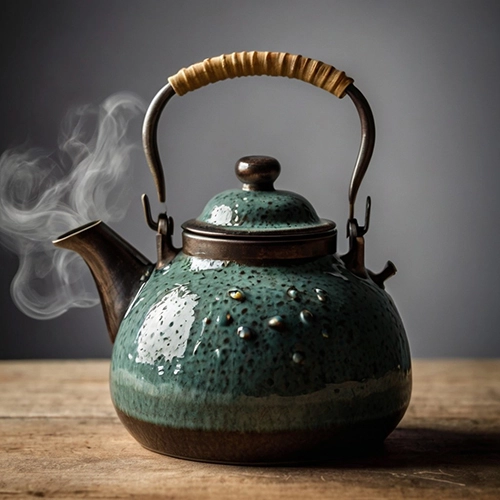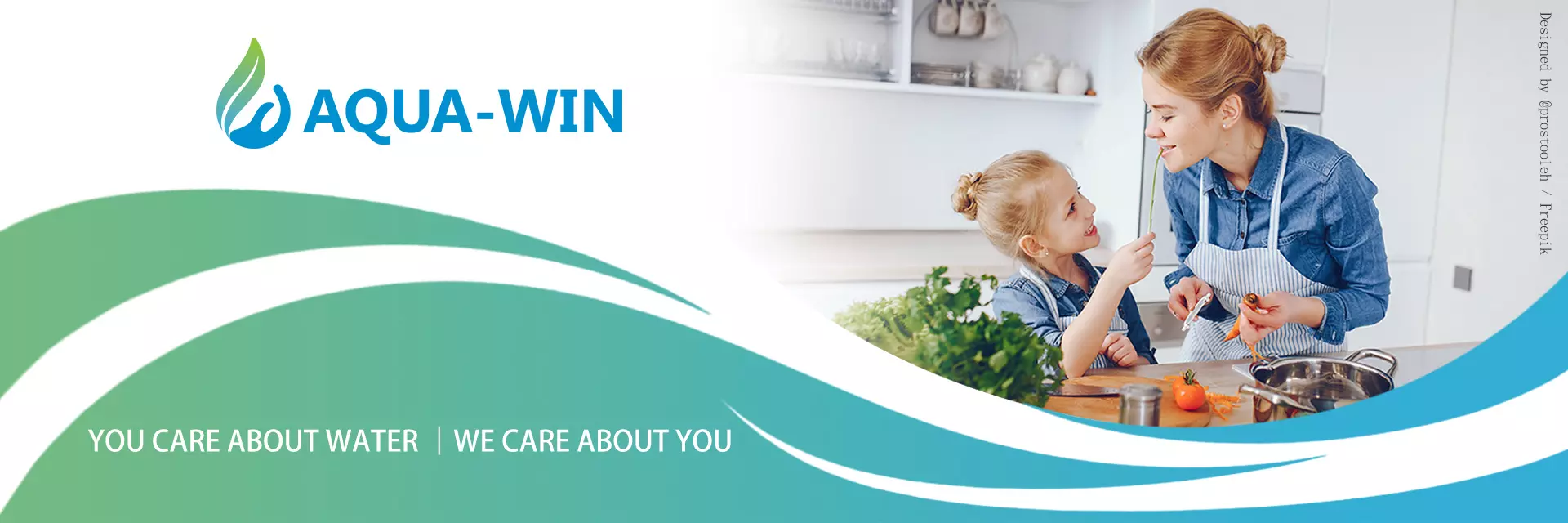FAQ-- Product Resources
Boiled Water vs. Filtered Water: A Comprehensive Comparison
Boiled Water vs. Filtered Water: A Comprehensive Comparison
When it comes to ensuring that your water is safe to drink, two common methods are boiling and filtration. Both methods are effective but serve different purposes and offer distinct benefits. Understanding the differences between boiled water and filtered water can help you choose the best option for your needs.
Boiled Water vs. Filtered Water: The Basics
Boiled Water
Boiling water is a traditional method of purifying water by heating it to its boiling point (100°C or 212°F). This process kills most bacteria, viruses, and parasites, making the water safe to drink. However, boiling does not remove contaminants like heavy metals, chemicals, or sediments.
Filtered Water
Filtered water, on the other hand, is treated by passing it through a filtration system that removes impurities. Filters can be designed to remove a wide range of contaminants, including chlorine, lead, pesticides, and even some microorganisms. The effectiveness of filtration depends on the type of filter used.

Conditions Where Boiled Water is Effective
Boiling water is particularly effective in situations where the primary concern is biological contamination, such as during a boil water advisory or when camping in the wilderness. In these scenarios, the water source may be contaminated with pathogens like E. coli, Giardia, or Cryptosporidium. Boiling water for at least one minute (or three minutes at higher altitudes) ensures that these harmful organisms are destroyed.
When to Use Boiled Water:
• During boil water advisories issued by local health authorities.
• When camping or traveling in areas with questionable water sources.
• In emergency situations where the water supply may be contaminated.
Does the Water Source Matter?
Yes, the source of your water matters significantly. If your water comes from a well, river, or other untreated source, it may contain a variety of contaminants, including bacteria, viruses, heavy metals, and chemicals. Boiling water can kill biological contaminants but won't remove chemical pollutants. Filtered water, however, can be customized to address specific contaminants based on the water source.
For example:
• Municipal Water: Usually treated but may contain chlorine, fluoride, and trace amounts of pharmaceuticals. A good quality filter can remove these substances.
• Well Water: May contain bacteria, nitrates, and heavy metals. Filtration combined with boiling may be necessary.
• Surface Water (Rivers, Lakes): Likely to contain a mix of biological and chemical contaminants. A multi-stage filtration system followed by boiling may be ideal.
Does Boiling Water Remove Chemicals?
Boiling water does not effectively remove most chemicals. While it can remove volatile substances like chlorine due to evaporation, it does not eliminate heavy metals, pesticides, or other chemical contaminants. In some cases, boiling can even concentrate these chemicals as the water evaporates.
Chemicals That Boiling Does Not Remove:
• Heavy Metals: Such as lead, mercury, and arsenic. These require specialized filters.
• Pesticides and Herbicides: Common in agricultural runoff, these chemicals are not removed by boiling.
• Pharmaceuticals: Trace amounts of medications can be found in municipal water supplies and are not removed by boiling.
The Benefits of Filtered Water
Filtered water offers several advantages over boiled water, particularly when it comes to removing chemical contaminants and improving taste and odor. Modern filtration systems are designed to address a wide range of impurities, making them a more comprehensive solution for ensuring water safety.
Key Benefits of Filtered Water:
• Removes a Wide Range of Contaminants: High-quality filters can remove chlorine, lead, fluoride, nitrates, and even some bacteria and viruses.
• Improves Taste and Odor: Filtration can eliminate unpleasant tastes and odors caused by chlorine and other chemicals.
• Convenience: Filtering water is a quick and easy process that doesn't require boiling and cooling.
• Environmental Impact: Using a home water filter reduces reliance on bottled water, which cuts down on plastic waste.
Tailoring Filtration to Your Needs
One of the significant benefits of filtered water is the ability to tailor the filtration process to your local water source. For example, if you know your municipal water contains high levels of chlorine, you can choose a filter designed to remove chlorine and its byproducts. If your well water is high in iron, there are iron-remove filters specifically designed to reduce iron levels. This customization ensures that your water is not only safe to drink but also optimized for taste and health.
Conclusion: Boiled Water vs. Filtered Water
While both boiling and filtration have their place in water purification, filtered water offers more comprehensive protection, especially when chemical contaminants are a concern. Boiling is effective for emergency situations or when dealing with biological contaminants, but for everyday use, filtered water provides a more versatile and convenient solution. Tailoring your filtration system to your specific water source ensures the highest quality water for drinking, cooking, and everyday use.





